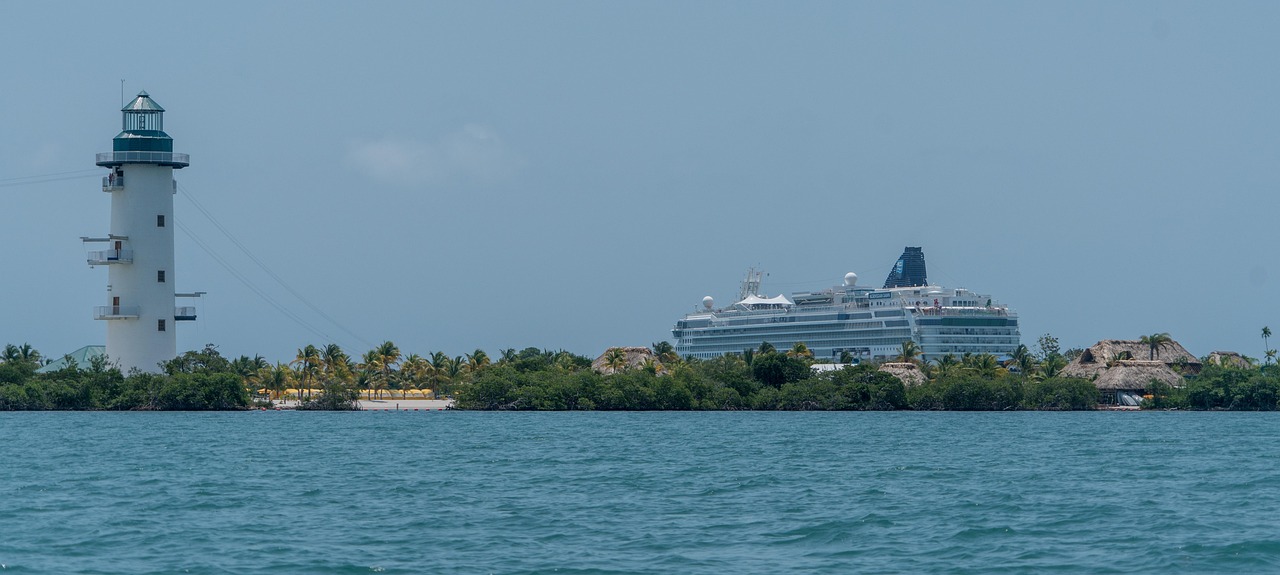Search API
While human-to-human transmission of avian influenza remains low, highly pathogenic strains such as H5N1 and H7N9 continue to pose serious global threats. According to the World Health Organization (WHO), if H5N1 mutates to enable human-to-human transmission, it could trigger a deadly pandemic.
Various avian influenza vaccines have been developed, and new, innovative technologies are being tested to address this global threat.
SK bioscience today announced that it has been selected for the Korea Disease Control and Prevention Agency (KDCA)- led initiative to develop vaccines against avian influenza, which has been identified as a high-risk candidate for the next pandemic.
Under the new program, SK bioscience and KDCA will co-invest approximately $3.7 million in early-stage development.
The company stated on May 6, 2025, that it will initiate development of a cell-culture-based avian influenza vaccine and aim to enter Phase 1/2 clinical trials in the second half of 2026.
The company says cell-culture-based vaccines offer greater effectiveness in pandemic response than traditional egg-based vaccines. Egg-based vaccines can face significant challenges during avian influenza outbreaks, as mass culling of poultry may limit access to uninfected fertilized eggs, making timely and large-scale vaccine production difficult and less responsive to emerging viral mutations.
In contrast, cell-culture-based vaccines are produced using animal cells in advanced aseptic facilities, minimizing the risk of contamination or infection. This method enables rapid, large-scale manufacturing and quicker adaptation to evolving virus strains.
SK bioscience has already utilized its cell-culture platform to develop vaccines against various viral diseases.
In the United States, various avian influenza vaccines have been supported by the U.S. FDA over the past few years.

The Brussels-based European Union (EU) and France today announced $566.6 million worth of incentives to lure scientists to the continent.
According to local media on May 5, 2025, the funds will support research projects and help universities cover the cost of recruiting foreign scientists.
"We call on researchers worldwide to unite and join us," French President Emmanuel Macron said at Paris' Sorbonne University alongside European Commission President Ursula von der Leyen.
The EU's President Von der Leyen also wants its member states to invest 3% of their gross domestic product in research and development by 2030.

The only protein-based, non-mRNA COVID-19 vaccine produced in the United States will continue to be available in Japan, the world's third-largest pharmaceutical market.
Novavax, Inc., announced on May 5, 2025, that it has updated the terms of the previously announced collaboration and licensing agreement with Takeda, a pharmaceutical firm located in Osaka, Japan.
"Our ongoing partnership with Takeda is important for Novavax, and our strengthened agreement enhances our ability to operate effectively in the Japanese market," said John C. Jacobs, President and CEO of Novavax, in a press release.
"This partnership further validates our cutting-edge technology platform and proprietary Matrix-M® adjuvant and our efforts to become a partner of choice."
The improved financial terms of the amended agreement for the development, manufacturing, and commercialization of Nuvaxovid® in Japan include an upfront payment, payment related to the 2024/2025 season, annual milestones associated with regulatory approvals, and royalties on net sales earned every season moving forward.
Since the World Health Organization granted an Emergency Use Listing for Novavax's earlier COVID-19 vaccine version in December 2021, numerous countries, including the United States, have authorized its use.
Novavax's vaccines are genetically engineered using three-dimensional nanostructures of recombinant proteins critical to disease pathogenesis.

Despite the significant drop in recent dengue cases, the President of the Republic of the Philippines, Ferdinand R. Marcos Jr., today ordered the Department of Health (DOH) to closely monitor the outbreak situation as part of its continued efforts to safeguard the health of Filipinos.
In a media release on May 2, 2025, Presidential Communications Undersecretary and Palace Press Officer Claire Castro attributed the significant decrease in new dengue cases to the prompt response of the DOH under its "Alas Kwatro Kontra Mosquito" campaign.
Castro said that from 12,050 recorded dengue cases during March 2 to 15, the figure dropped to 9,289 from March 16 to 29, 2025.
While this decreasing trend is a positive indication, the DOH reported that about 95,000 dengue cases have been recorded since the beginning of 2025. This data represents a 75% increase compared to last year.
The DOH noted the low case fatality rate of 0.36 percent, or about four deaths per 1,000 dengue cases, in 2025.
Previously, the Quezon City Government's City Health Department declared a dengue outbreak.
The DOH's "Alas Kwatro Kontra Mosquito "campaign involves "Taob, Taktak, Tuyo, Takip" as the four basic ways of cleaning and eliminating possible mosquito breeding grounds.
Castro said the government's campaign encourages families, schools, and workplaces to clean potential mosquito breeding grounds daily at 4:00 PM. She echoed the DOH's call for the public to maintain cleanliness and prepare for the onset of the rainy season.
Throughout 2025, a second-generation dengue vaccine has been offered in various countries in the Asia-Pacific Region as a disease prevention option. Unfortunately, the QDENGA vaccine is not available in the United States.
To alert international travelers of this health risk, the U.S. CDC's Global Dengue Advisory included the Philippines, advising travelers to risk areas to prevent mosquito bites.

The first instance of determining the acceptability and feasibility of incorporating the Tropis needle-free jet injector for intradermal administration of fractional dose poliovirus vaccine (fIPV) produced very positive results.
PharmaJet® today announced the publication of a study demonstrating the benefits of the PharmaJet Tropis needle-free system compared with needle and syringe (N/S) for intradermal administration of fIPV.
Tropis was preferred over N/S by significant margins by both parents (98%) and nurses (98.5%) in Cuba.
Survey respondents cited ease of vaccination, diminished crying, and increased comfort as the benefits of Tropis. Of note, seroprevalence did not differ significantly between Tropis and N/S.
The results indicated significantly fewer adverse events with Tropis (6%) compared to N/S (13%) (p = 0.028).
Paul LaBarre, Vice President of Global Business Development, PharmaJet, commented in a press release on May 1, 2025, “The strong performance of Tropis ID delivery is consistent with results recently seen in WHO-sponsored polio campaigns in Pakistan, Nigeria, and Somalia where Tropis has been used to administer polio vaccinations to nearly 12 million children.”
The study, entitled "Tropis needle-free injector for fractional-dose IPV administration: A pilot study for integration into routine immunization services in Cuba," is published in the journal Vaccine on April 11, 2025.
This was a community-based feasibility survey and poliovirus antibody seroprevalence assay conducted in Camagüey and Ciego de Ávila provinces, Cuba, in 2019–2020 as part of a research collaboration between the Instituto Pedro Kourí in Havana, Cuba, and the World Health Organization.

Novavax Inc. recently stated that it believes its Biologics License Application for its protein-based COVID-19 vaccine is approvable, based on conversations with the U.S. Food and Drug Administration (FDA) from April 1, 2025, to April 24, 2025.
In its press release on April 23, 2025, Novavax announced that the FDA had issued a formal request, asking the company to provide a postmarketing commitment to generate “additional clinical data” for the COVID-19 vaccine.
'We look forward to engaging with the FDA expeditiously to address the PMC request and move to approval as soon as possible,' concluded Novavax.
The World Health Organization granted the Novavax COVID-19 vaccine (Nuvaxovid™) Emergency Use Listing on December 17, 2021, and it remains available today in numerous countries.

Belize's Ministry of Health & Wellness recently announced the confirmation of locally transmitted malaria cases in Santa Elena Town and Cristo Rey Village, located in the Cayo District.
The initial case was detected on January 17, with additional instances detected on March 11 and April 5, 2025. Of the four confirmed cases in 2025, three are attributed to local transmission, and one is classified as imported from Guatemala.
Enhanced surveillance has been activated along the Western border, particularly in the Santa Elena neighborhoods of Santa Cruz and Hillview, as well as Cristo Rey Village.
As of April 23, 2025, these malaria cases mark the first instances of local transmission in over six years. However, other Central American countries have also reported outbreaks of malaria.
While this development is of concern, Belize remains committed to maintaining its malaria-free status, which was first achieved in June 2023.
The Ministry says malaria is a febrile disease caused by parasites, transmitted to humans through the bite of an infected Anopheles mosquito. Infected individuals typically experience episodes of fever with chills and sweating every 48 to 72 hours.
The Ministry is actively testing individuals who currently have, or recently had, a fever within the past 30 days.
While malaria cases may continue in April, vaccines are not yet offered in the Region of the Americas.

- 1 of 261
- next ›


